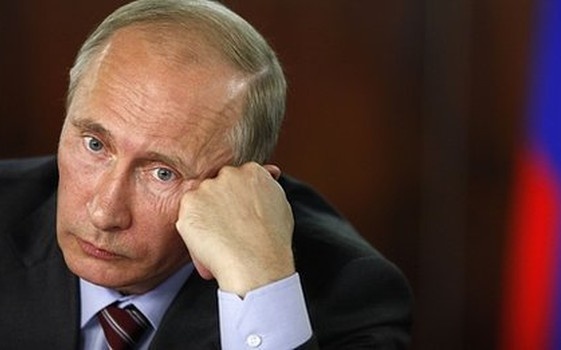Photo: AP
Russia’s leader Vladimir Putin has pushed through changes which could keep him in power through 2036. At the same time, protests over the Kremlin’s poisoning and arrest of opposition figure Alexei Navalny have grabbed headlines. There are serious issues with the economy, pensions, and social security. And while Russian hybrid warfare, military operations, and interventions — including in elections in the US and Europe — brought immediate success, they have also provoked pushback and led to new challenges.
So what now? What of a Russia after Putin?
World Unfiltered turns for answers to Mark Galeotti, director of the consultancy Mayak Intelligence, honorary professor at University College London’s School of Slavonic and East European Studies, and senior associate fellow at the Royal United Services Institute.
1:00: Mark, you argue that the “Navalny effect” might be to sustain “late Putinism”. What does that mean?
This is a bunch of worried old men who, because of their experiences, have a pretty visceral fear of protests on the streets and how this can lead to state collapse.
Their response is to calibrate the necessary levels of violence, but not any more than that. They don’t want to be fighting a war with their population.
6:20: What reforms might we see in Russia in response to developments of recent weeks, including protests?
We know what Russia needs. The Russian Government knows what it needs.
The problems are political: addressing the industrial-scale kleptocratic corruption at the very top of the system, which drains a phenomenal amount of energy and resource, and dealing with the rule of law.
8:40: Who is Alexei Navalny? What is his significance?
13:40: Can the different strands of the Russian opposition be brought together? Or are they always dependent on a figure who is going to be able to speak to all of them at a particular moment in time?
17:25: Are the Kremlin’s changes seeking to secure Putin or Russia after Putin? Why do you say they are “stumbling”?
20:40: Is Putin a master tactician but a failed strategist at securing Russian stability, economically and politically?
24:00: Is there a unifying vision behind Russian activities abroad?
30:45: Has the Kremlin overreached with its tactics abroad?
34:10: Who or what follows Vladimir Putin?

